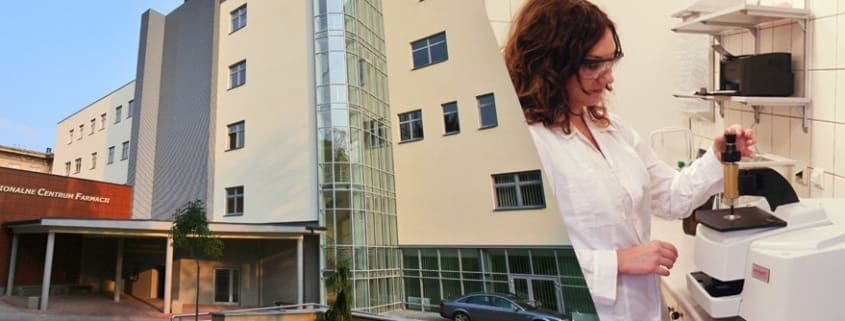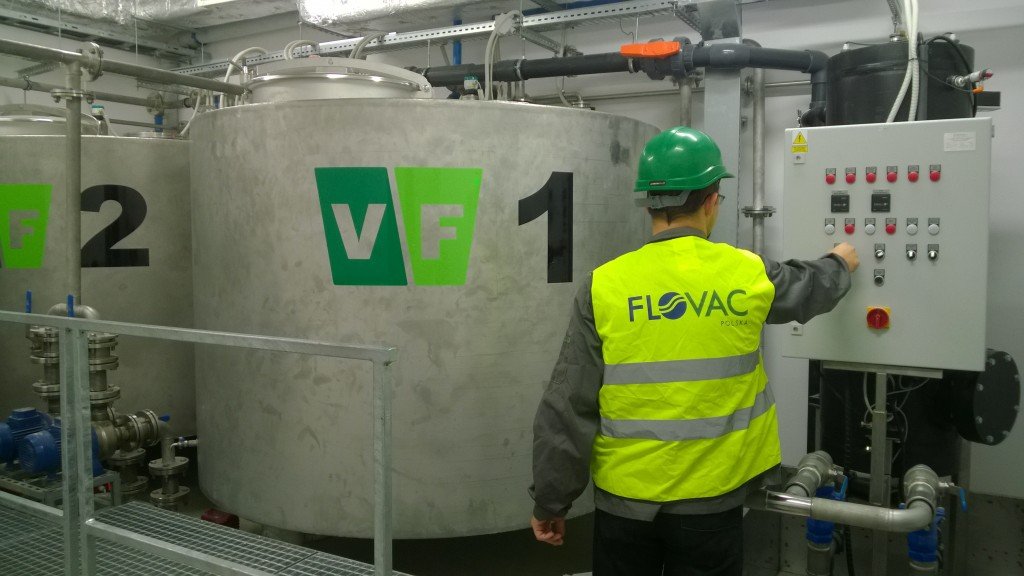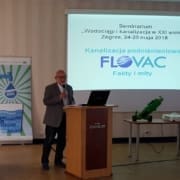Flovac System handles Radioactive Waste at Hospital
Flovac’s engineering group in Poland, working in conjunction with The Medical University in Bialystok have developed a unique solution that has broad applications for Hospitals around the world.
The problem that many hospitals face, particularly those focused on cancer wards is the radioactive wastewater that is held for long periods of time in storage tanks. The use of vacuum toilets in the cancer wards reduces the amount of water flushing to 1 litre per flush reducing the water usage and the space required for storage tanks.
Another main problem that the Flovac engineers resolved was in how to get the radioactive waste from the cancer treatment rooms to to storage tanks located in the basement. An initial gravity design by the hospital proved difficult as not only were the treatment rooms spread out throughout the hospital there was also no room to fit the gravity pipes due to congested corridors already taken up with other pipework and power cables.
The Flovac system that was installed used small diameter PVC pipe with glued joints. The small slope that was required made it easy to avoid obstacles and helped get around difficult area’s. Small grey water collection sumps and vacuum toilets ensured that no digging through floors needed to be done. The vacuum pump station which generates the vacuum energy throughout the pipe network was housed in the basement right next to the storage tanks. This meant that no valuable space was taken up with sewage infrastructure. The Chancellor of the University was particularly happy with the speed of construction and the limited impact the installation had on the working of the hospital.
One of the most important elements that the Flovac system delivered was the security in knowing that no radioactive materials could leak out of the pipework anywhere else within the hospital. As the vacuum pipework is always under negative pressure if a break in the pipe occured air would be sucked into the pipe and no wastewater could exit. As more vacuum would be required at this point the operator would be immediately notified and repairs made.
A number of hospitals in Poland, working in conjunction with the University are planning to utilise this technology.
If you would like more information on this please contact [email protected]











Leave a Reply
Want to join the discussion?Feel free to contribute!